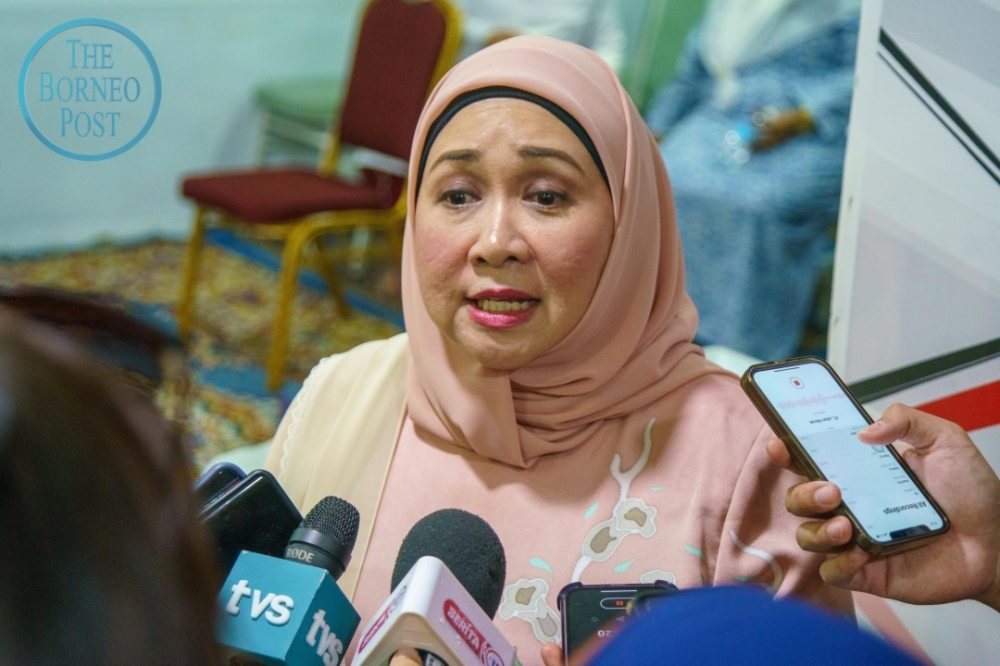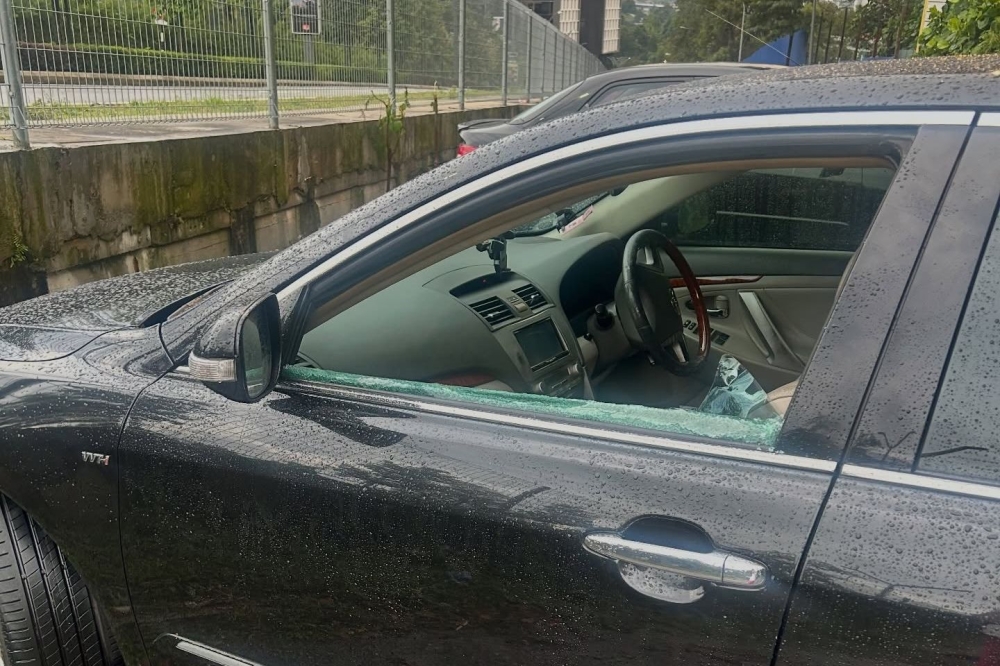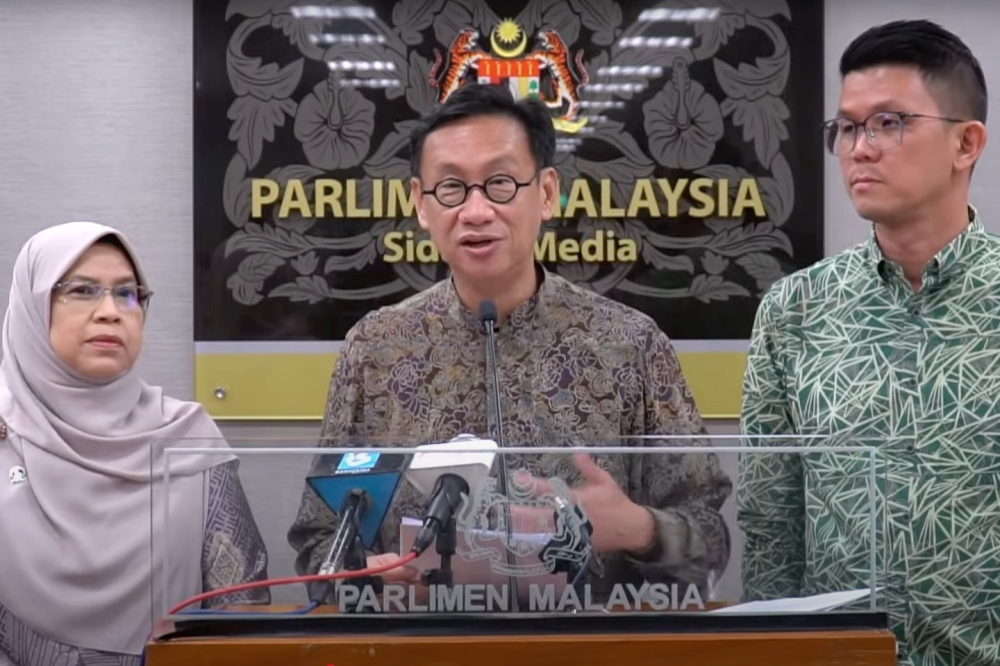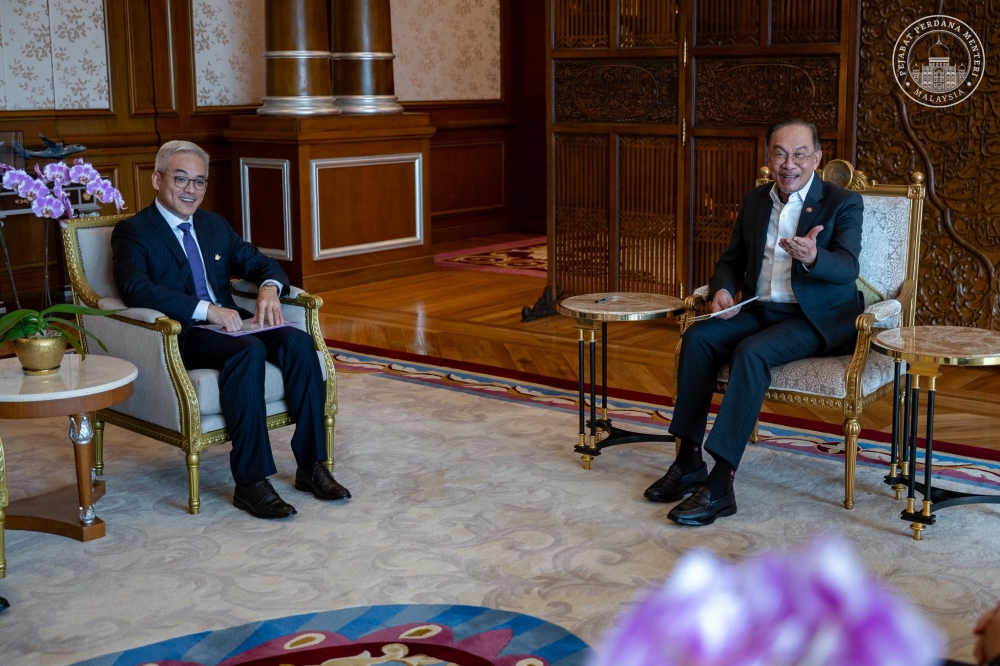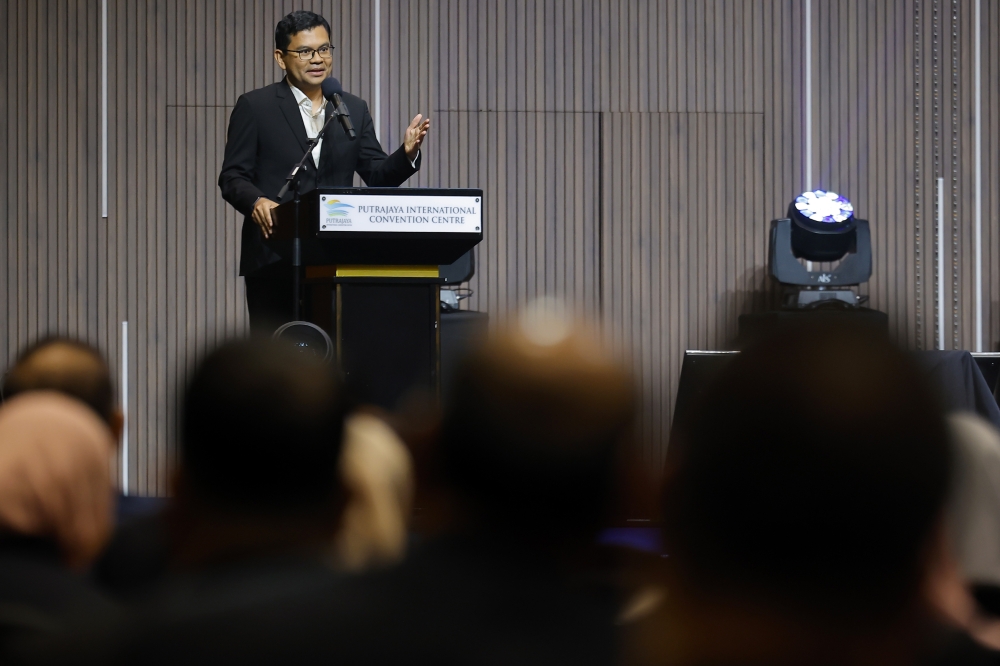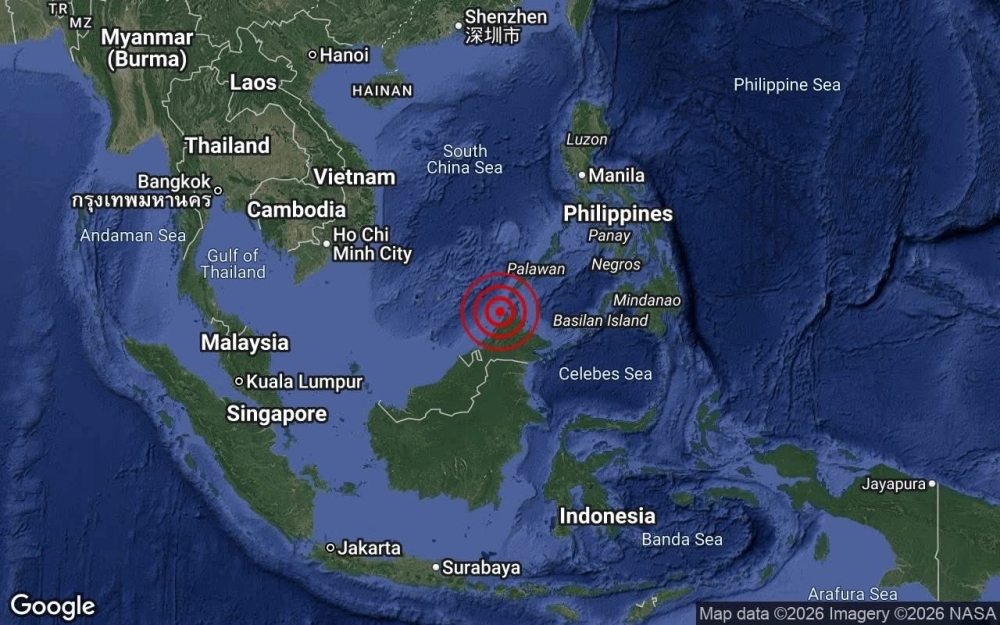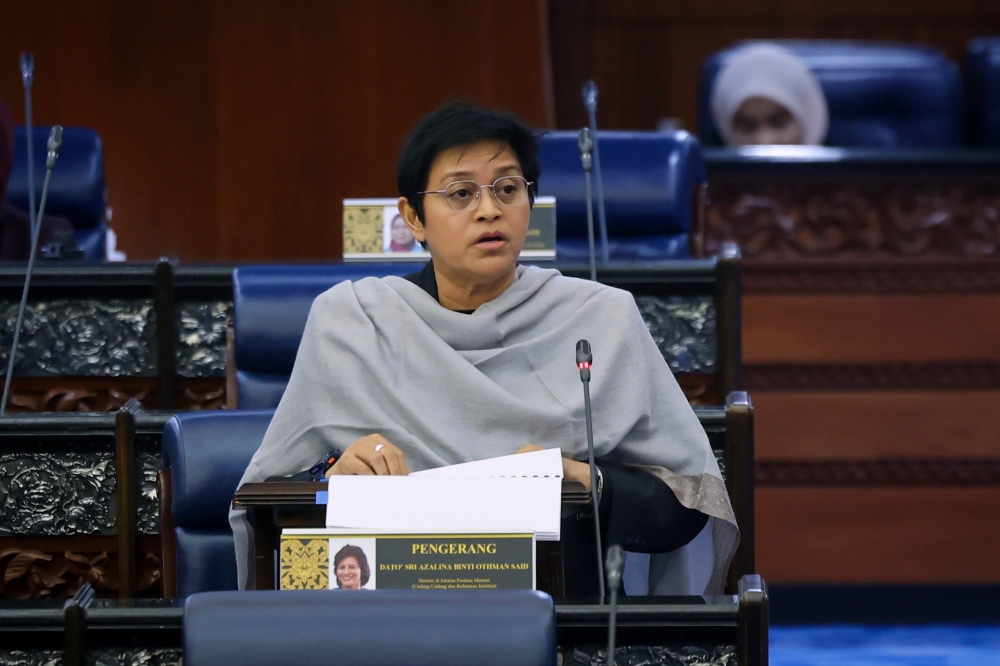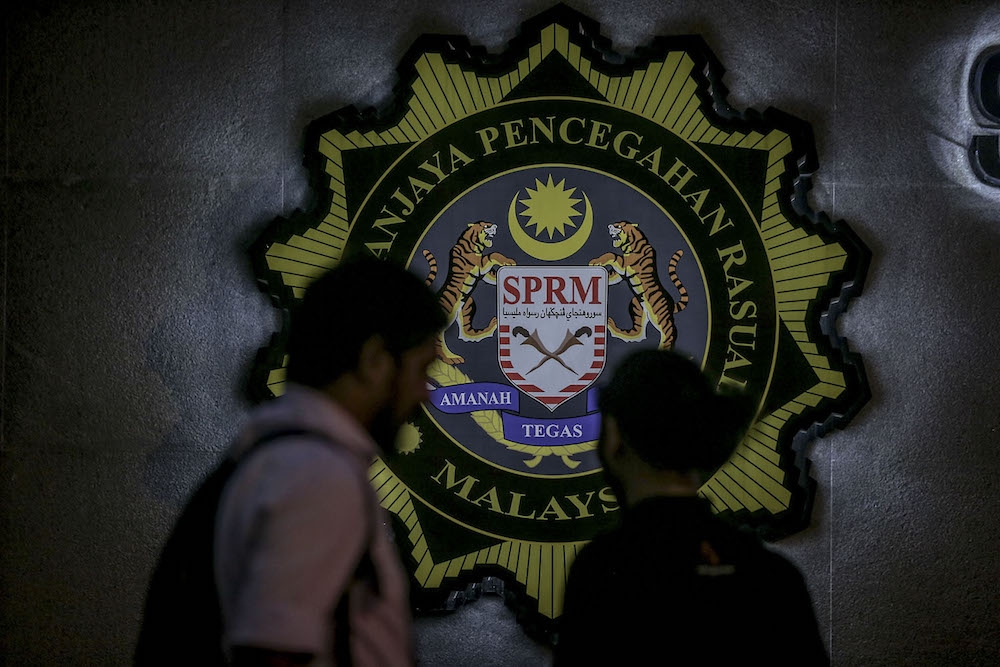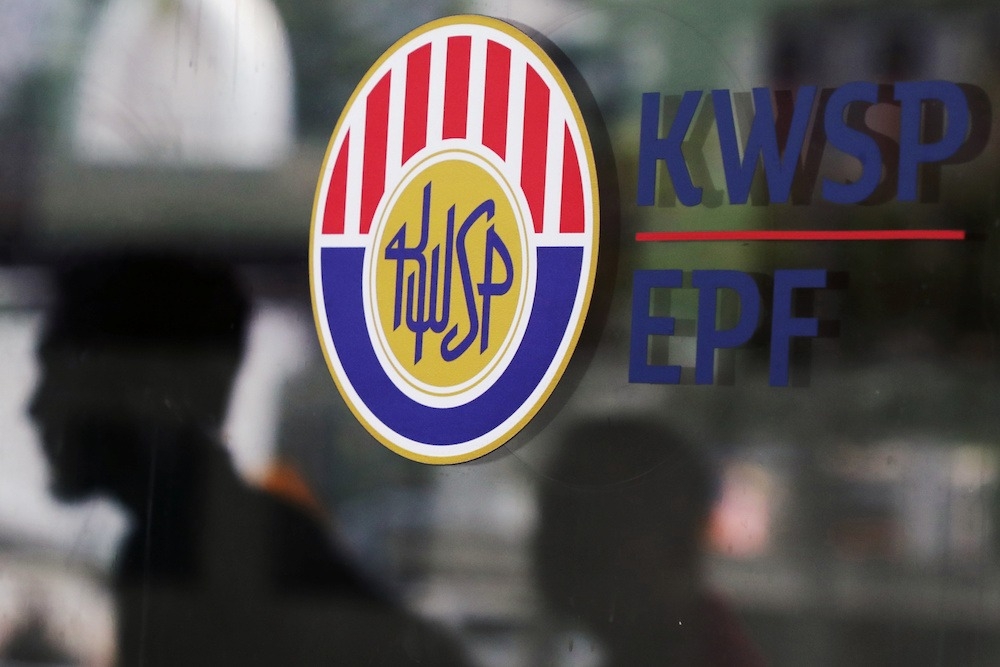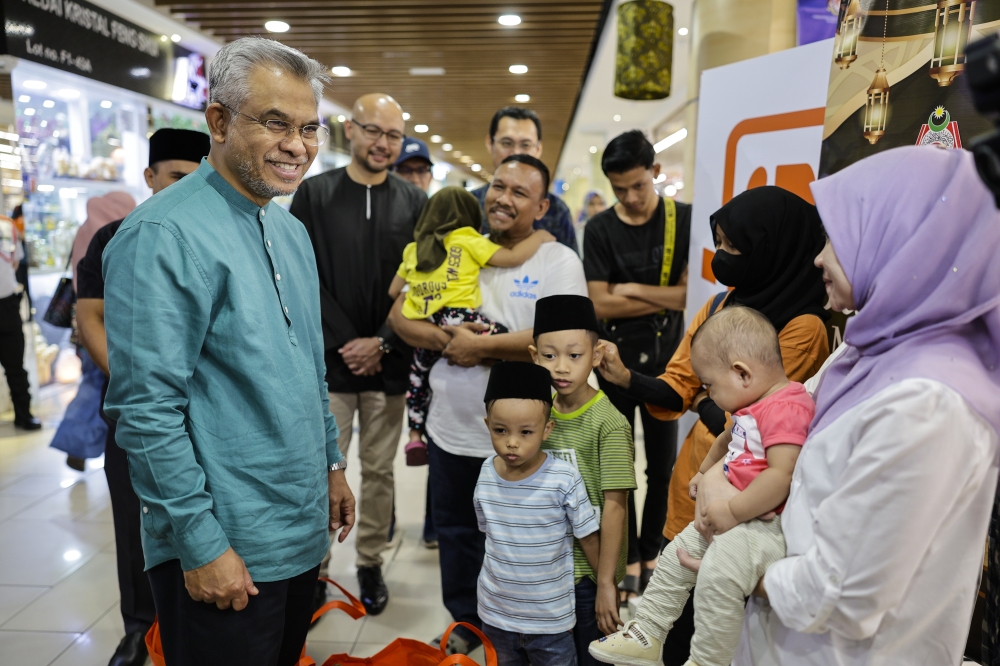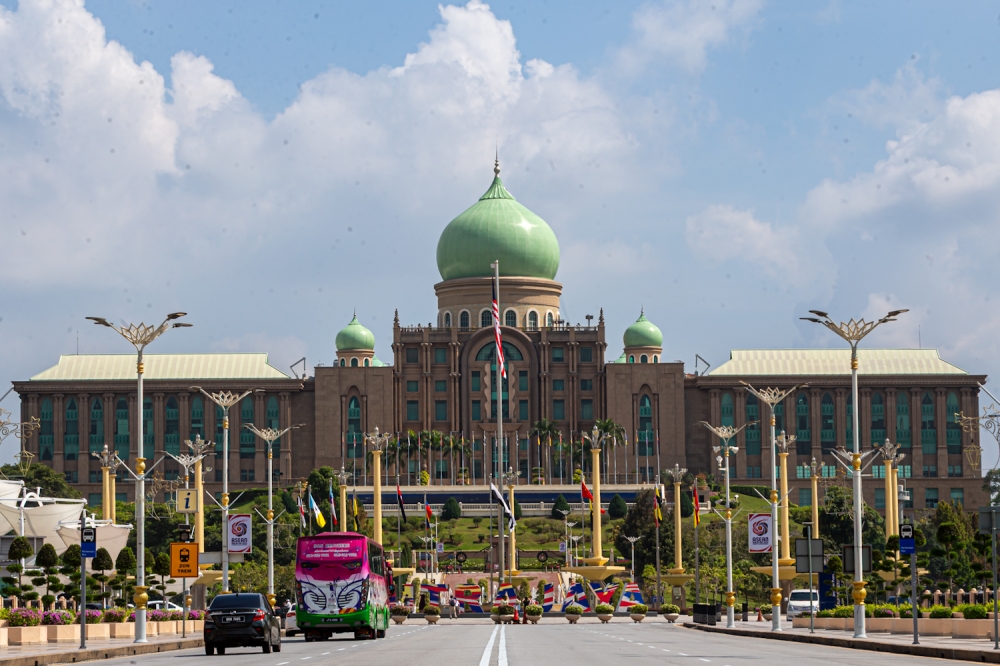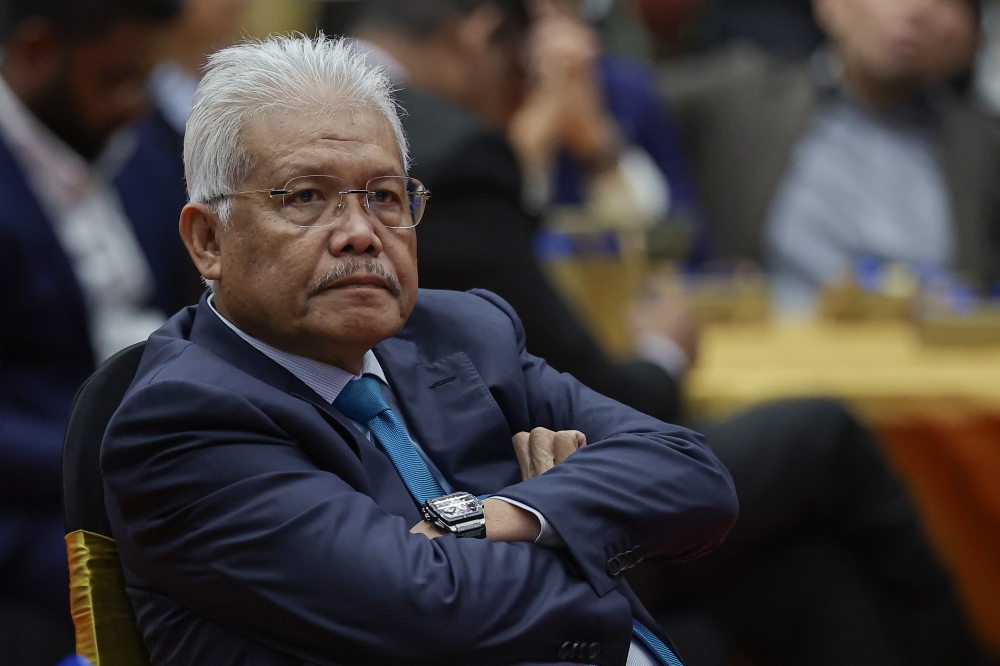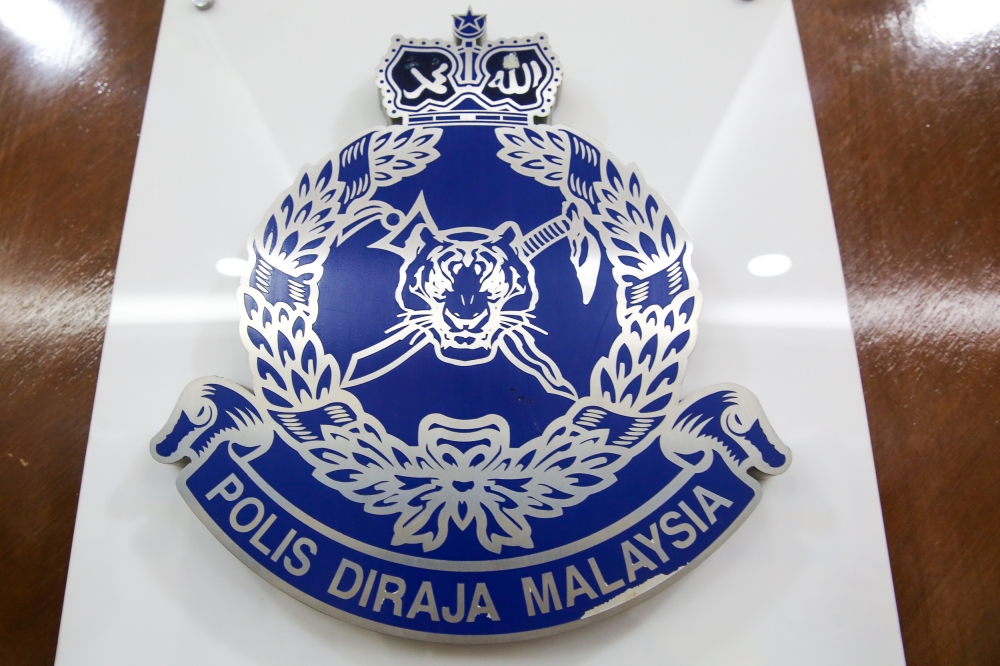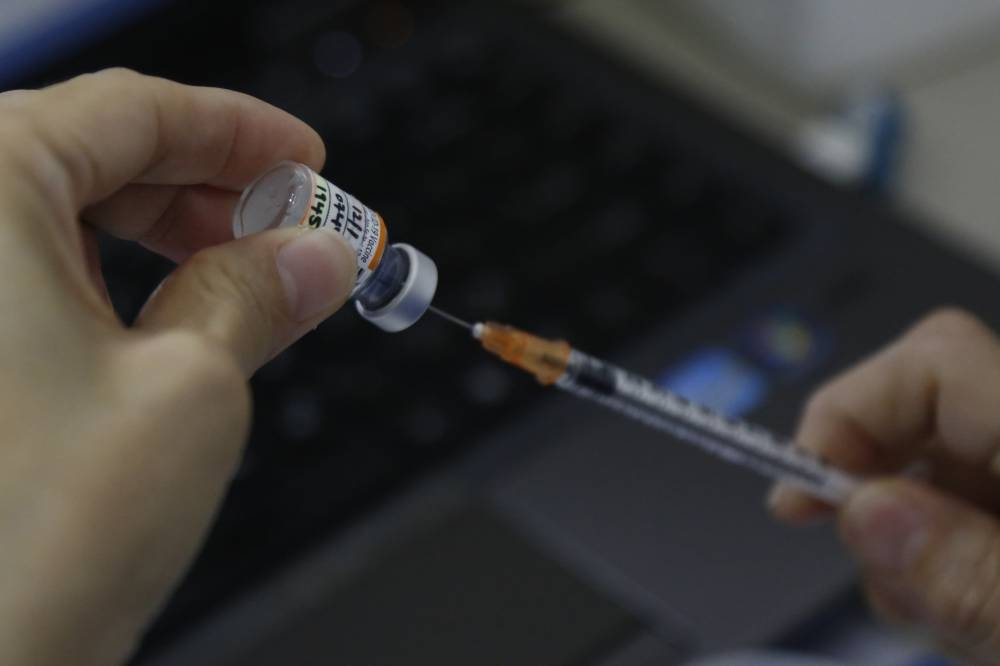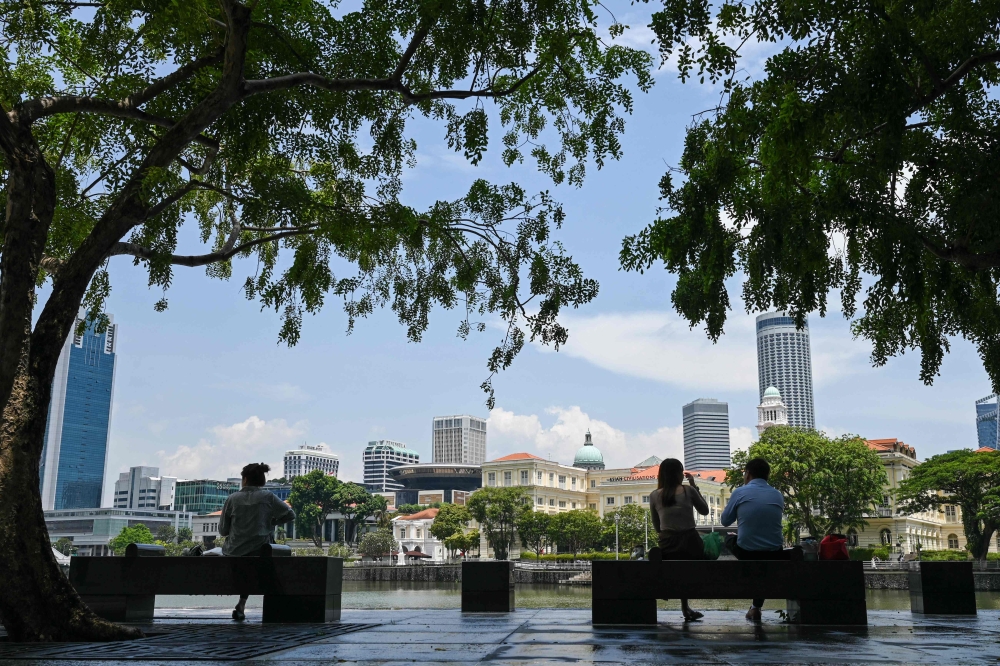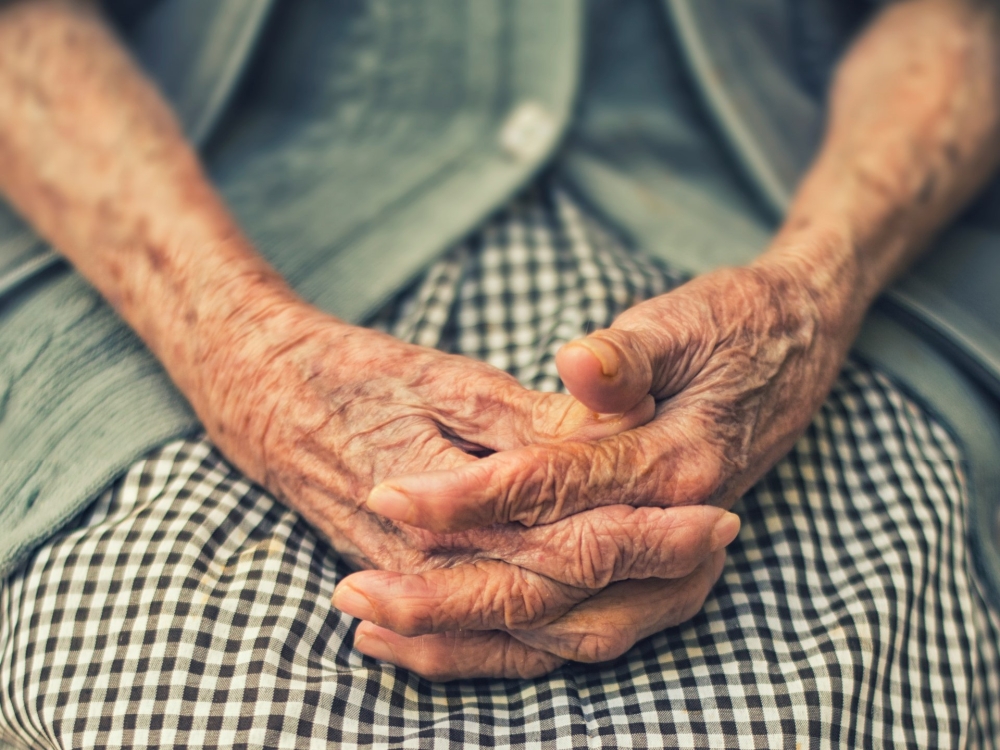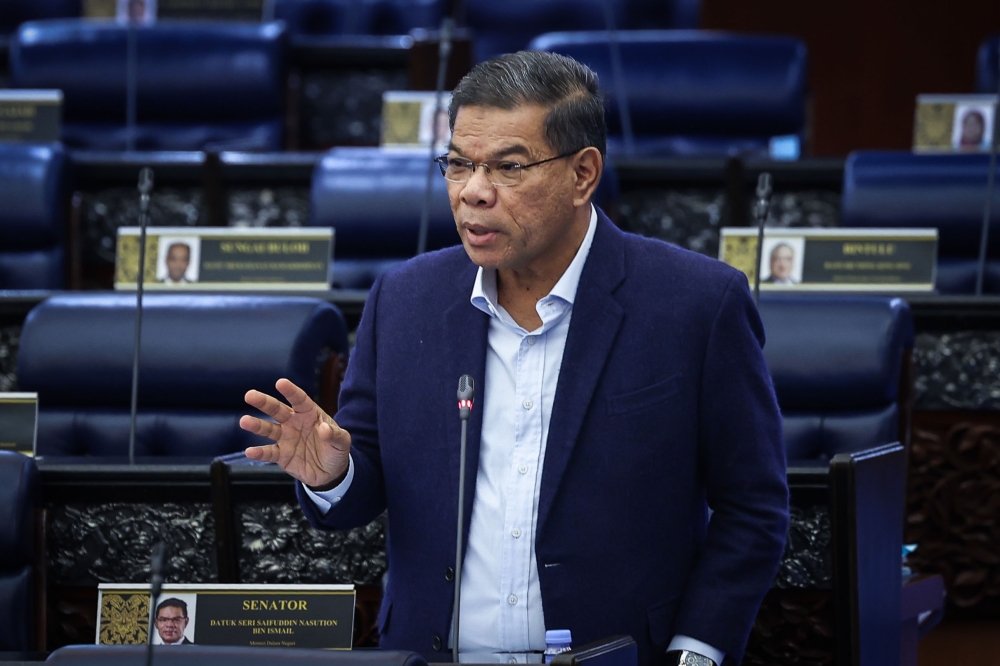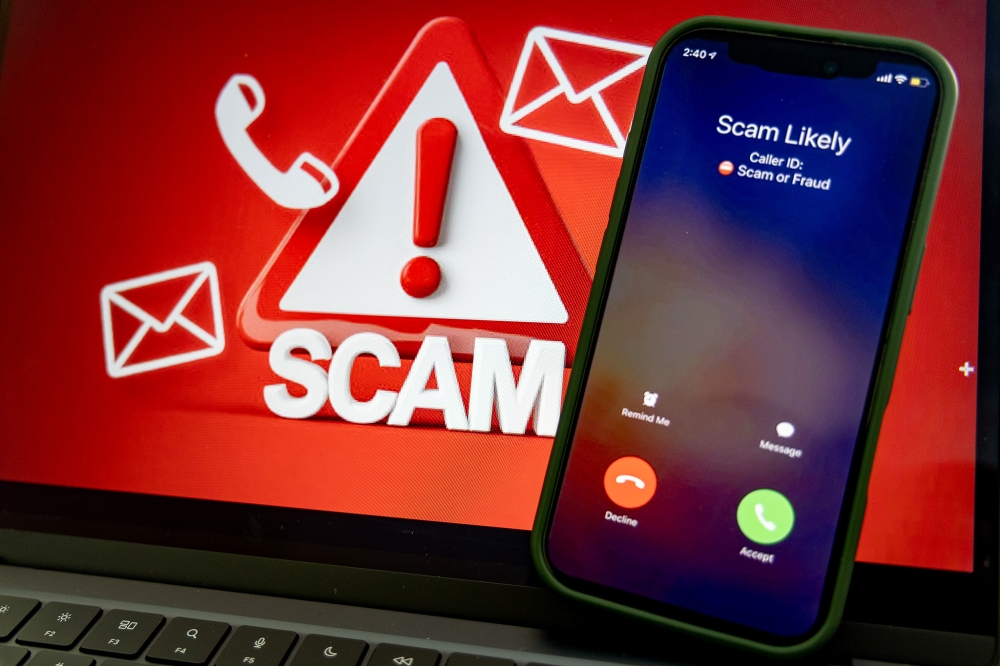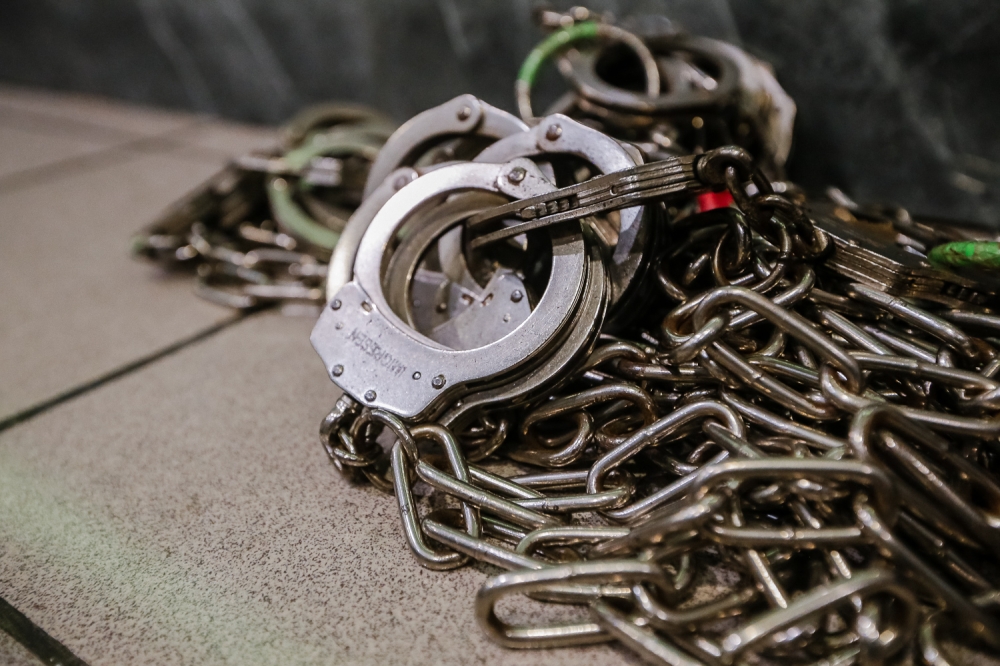SINGAPORE, Aug 24 — The hospitalisation rate for children under five years old who are infected with Covid-19 is 5.2 per cent, higher than the rate for older children.
For those aged five to 11, the hospitalisation rate is 1.3 per cent among children who are not vaccinated and about 0.4 per cent for those who have received the jab.
Based on these figures, the vaccine that will be offered to young children aged between six months and five years old will be beneficial and reduce the risk of a severe infection, director of medical services Kenneth Mak said today during a press conference by the government task force handling the nation’s response to the coronavirus.
The Health Sciences Authority has extended the authorisation of Moderna’s Spikevax vaccine via the Pandemic Special Access Route to children, including those aged six months up to five years old. A decision on the recommendation for vaccination of this age group is expected soon.
“The vaccine will be administered as a course of two 25 microgram doses, which is a reduced dose formulation compared to that offered in older age groups,” said Associate Professor Mak.
At the same press conference, Health Minister Ong Ye Kung pointed out that a trial conducted using the Moderna vaccine involving 6,000 children showed that the incidence of severe adverse reactions has been “very low”.
The results of the trial showed zero cases of myocarditis (inflammation of the heart muscle) and anaphylaxis (a serious, life-threatening allergic reaction), and one case of febrile convulsion (seizures that occur in very young children when they have a high fever) likely related to the vaccine, Ong said.
Although young children infected with Covid-19 generally face less severe illness, some below the age of five have experienced severely adverse medical reactions. Two young children, a one-an-a-half-year old boy and a four-year-old girl, died in June and July respectively.
The Ministry of Health (MOH) said today that the expert committee on Covid-19 vaccination now recommends that children aged five to 11 take their first booster dose — or third dose — of the Pfizer-BioNTech/Comirnaty vaccine from five months after the second dose of their primary vaccination series.
MOH has accepted the committee’s recommendations in full and is preparing to offer boosters to children in the fourth quarter of the year, likely when examinations in primary schools have ended or are close to ending.
Some parents cautious, others eager to get kids jabbed Some parents who spoke to TODAY, however, said that they will not rush to vaccinate their young children.
Tono Kiroshita, the chief executive officer of an IT company, expressed his reservations regarding inoculating his three-old daughter.
“The vaccine is still very new. I would not rush to do it at the end of the year,” he said.
Stay-at-home mother Zainab Mohamed Jalil, 31, has similar concerns.
“If the side effects are as typical and short term such as fever, rashes or minor swelling just like any other children’s vaccine, it’s manageable. However, I still do have my concerns on whether these vaccines will affect my son in any physical growth or learning disorders and I would like further research done on this,” she said.
But others, like housewife Mary Jean Gilbuena, are eagerly looking forward to the vaccines. The 30-year-old said that she welcomes the vaccines and would wish for her young nephew, whom she looks after, to be inoculated. In spite of feeling slightly worried of possible side effects, she feels that they should be overcome by the children “to become stronger”.
Cleaning supervisor Lim Hui Hock, 52, also feels that these side effects are part of developing resilience. “Children are expected to go through mild illnesses, even without Covid-19. But what we need to see is that they become immune after vaccination,” the father of a four-year-old girl said. — TODAY

